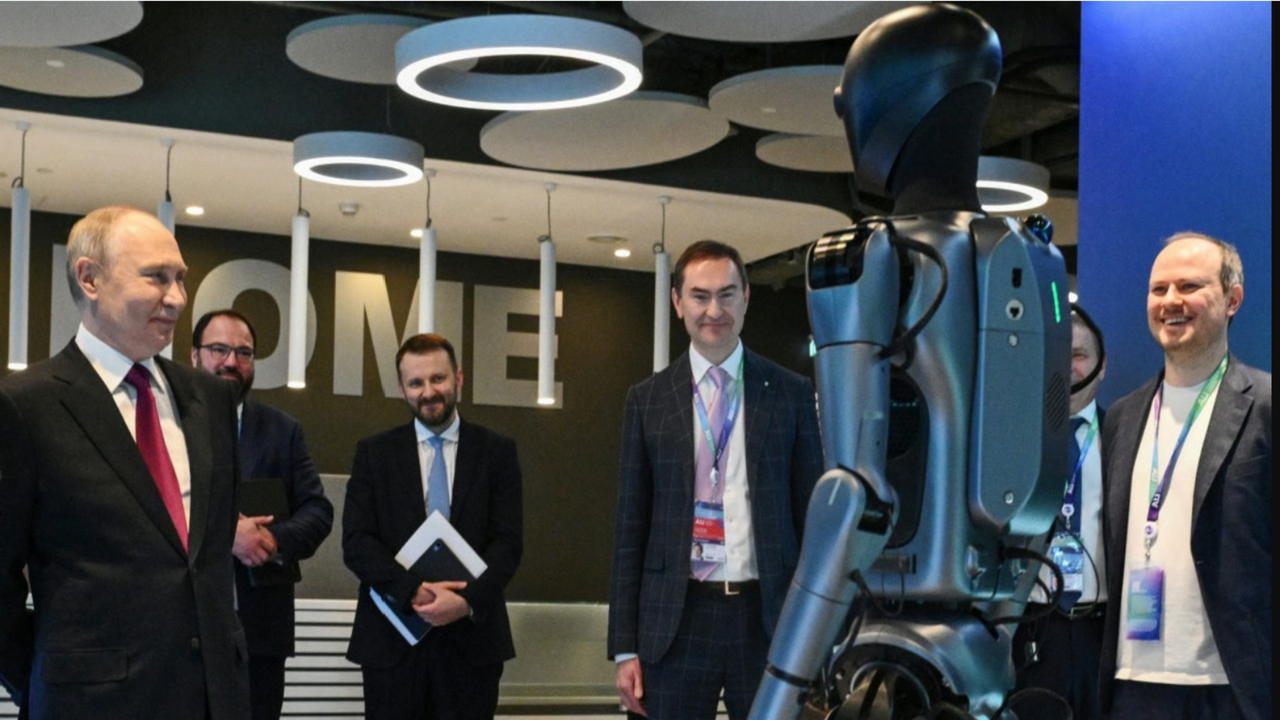
- Russia forms national working group on AI to ensure technological and national sovereignty
- President Putin insists that only artificial intelligence systems designed in Russia will serve national security purposes
- Sberbank and Yandex develop local LLMs such as Gigachat and Yandex GPT
President Vladimir Putin has confirmed that Russia will establish a national working group to coordinate the development and deployment of domestically produced artificial intelligence.
The initiative aims to reinforce Russian technological sovereignty and reduce dependence on foreign systems as other nations advance AI development.
The task force will focus on building new data centers and securing reliable power sources, including small-scale nuclear power plants, to sustain AI infrastructure.
Putin is at the center of things
Putin stated that AI-powered technologies are expected to contribute more than 11 trillion rubles to the country’s gross domestic product by 2030.
He called for a national AI implementation plan together with the task force and urged both state institutions and private companies to integrate AI more fully into operations.
“For Russia, it is a question of national, technological and value-based sovereignty. Therefore, our country must possess a comprehensive set of its own technologies and products in the field of generative AI,” Putin said at AI Journey, an AI event in the country.
Despite being far behind the United States and China, some Russian companies claim to have developed models in major languages, including Gigachat and Yandex GPT, through Sberbank and Yandex.
Sberbank, in particular, says it has evolved from a traditional bank to a technology-focused company, and at the event it demonstrated humanoid ATM robots that scan health.
Putin emphasized that reliance on foreign LLMs is unacceptable and stated that only Russian-designed AI systems should be employed for national security and intelligence gathering.
Russian authorities are reportedly working on autonomous drones capable of operating in swarms and attacking targets at ranges of up to 100 kilometers (62 miles).
Ukrainian drone experts have highlighted that these advances are potentially transformative for military operations, especially with AI-enhanced targeting and coordination.
Putin also stated that excessive regulation should not hinder the progress of AI and that military or civil applications will be developed within the national framework.
Western sanctions, which restrict imports of hardware including microchips, have limited Russia’s ability to expand its computing capacity and develop artificial intelligence tools at scale.
The national task force plans to mitigate these problems by focusing on domestic production of the necessary components and ensuring a continuous supply of energy.
Via Cybernews
Follow TechRadar on Google News and add us as a preferred source to receive news, reviews and opinions from our experts in your feeds. Be sure to click the Follow button!
And of course you can also follow TechRadar on TikTok for news, reviews, unboxings in video form and receive regular updates from us on WhatsApp also.



